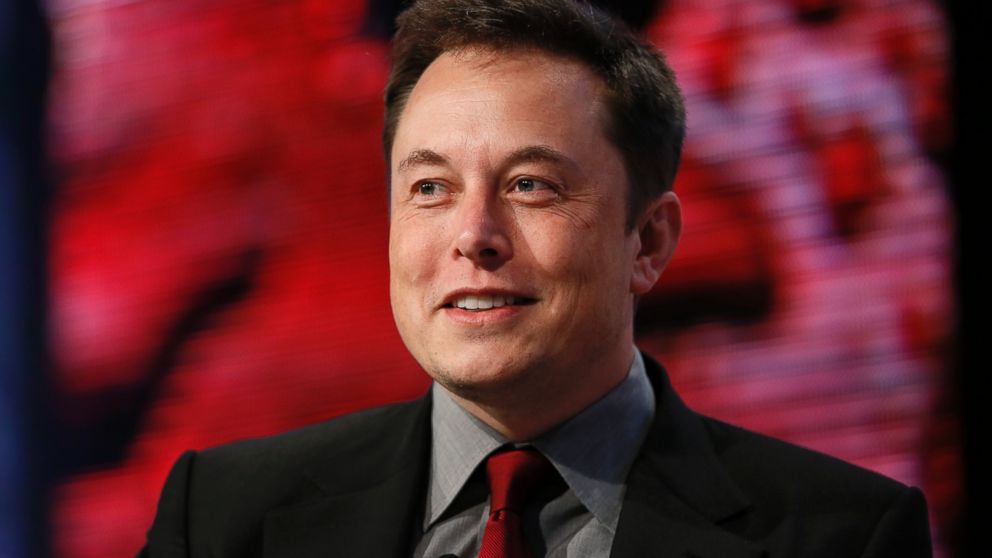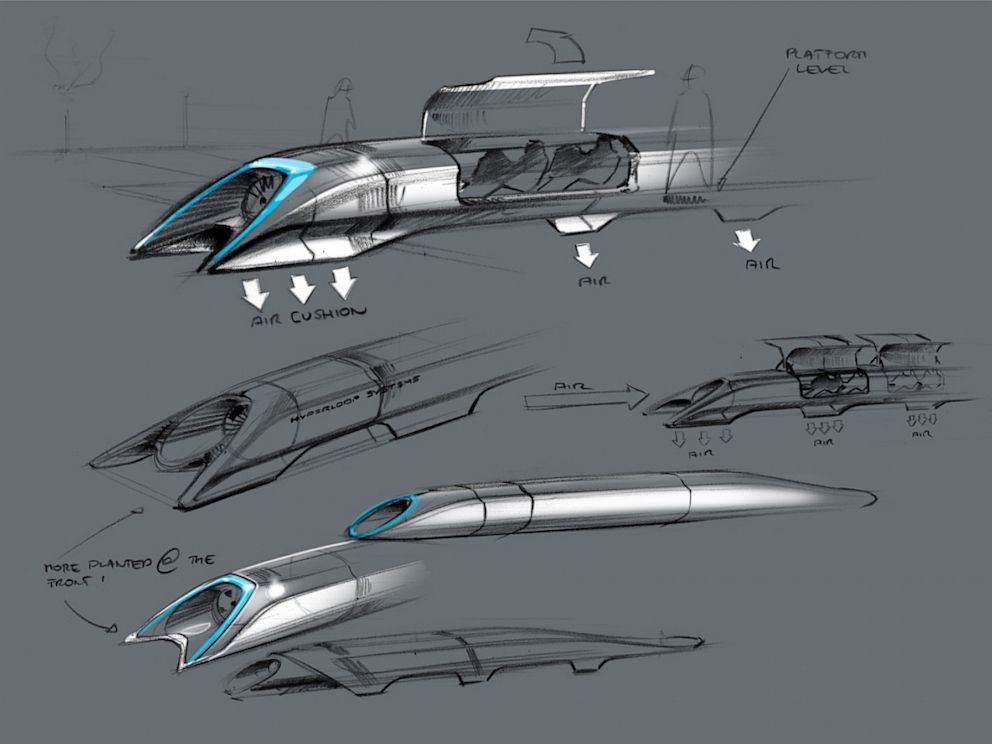Elon Musk Moves Forward With Multi-Billion Dollar Hyperloop Idea
Billionaire's pet project takes a step closer to becoming a reality.

— -- Elon Musk's dream of catapulting humans through pods inside a high-speed transportation system called the Hyperloop is one step closer to becoming a reality.
The Tesla and SpaceX CEO tweeted that he plans to build a test track "most likely in Texas" where student teams and companies can test out designs for possible Hyperloop pods.
The billionaire first unveiled his futuristic idea in 2013, calling it "a cross between a Concord, a rail gun and an air hockey table."
He published the 57-page design plan on both Tesla Motors' and SpaceX's blogs as a PDF available for download.
According to Musk's concept, the Hyperloop could carry travelers from Los Angeles to San Francisco in half an hour, easily beating out a costly high-speed rail project.
The Hyperloop is a large pneumatic tube, similar to the system used by some hospitals to transport documents, samples and medications in a more efficient manner. New York City also relied on a network of pneumatic tubes to transport mail during the first half of the 20th century.

For human travel, Musk plans to mount a large fan to the front of a pod, which would re-direct high pressure to the rear of the capsule, facilitating even higher speeds.
The cost of the project has been estimated to fall between $6 billion and $7.5 billion.
Musk has not only spent his week re-imagining how we may travel in the future, but he is also doing his part to keep humanity safe from a potential robot uprising by donating $10 million to the Future of Life Institute for research on how to keep artificial intelligence safe.
He has previously expressed his concern about robots, saying artificial intelligence has the potential to be "more dangerous than nukes."




